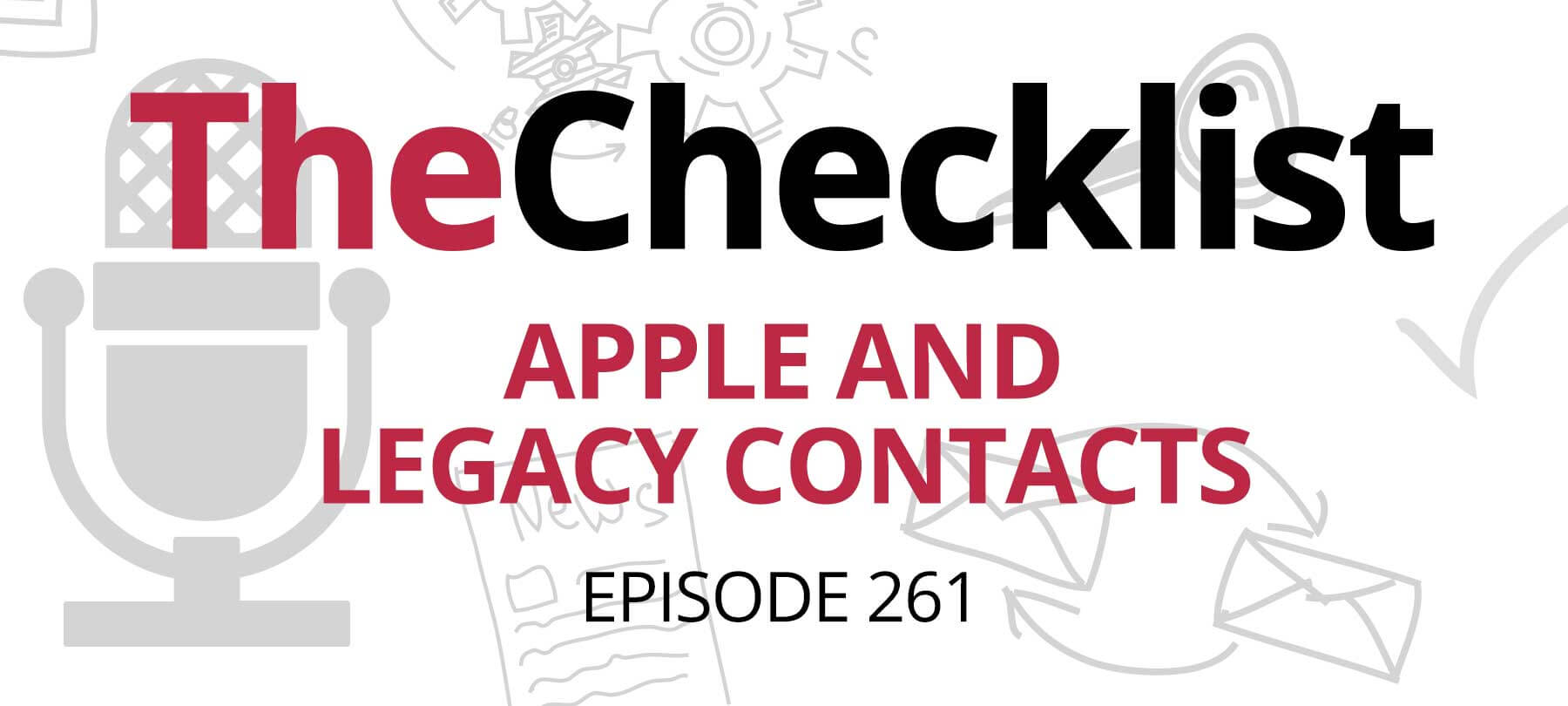Planning your digital legacy
Estate planning is a sensitive subject. Yet making arrangements for what happens to your estate after you’re gone is important, as it ensures that your loved ones will receive what you intend to leave them without paying burdensome taxes or going through a lengthy legal process.
As technology permeates our world more and more, it is essential to consider your digital life as part of the estate planning process.
Here are four key things to think about when planning your digital legacy.
- 1
Understanding ownership
The terms of service of many social media, email, and cloud application accounts explicitly state that these accounts are licensed, not owned, and are therefore non-transferrable. This means that you can’t leave them to anyone in your will. If you want to bequeath, for example, music collections or personal email correspondence, you should back up files to your computer regularly or create a plan that allows your loved ones to access these accounts after your death and do it themselves. Read the fine print on your important accounts and plan accordingly.
- 2
Access to your accounts and devices
In line with the above consideration, you will probably want to give your family a way to enter important accounts or unlock your devices in the event of your death—either to access files and information, settle financial affairs and pay outstanding bills, or simply to close accounts. One of the easiest ways to do this is by using a password manager like 1Password or iCloud Keychain. Password managers provide a way to unlock multiple accounts with a single, master password. The master password can then be written down and kept in a secure location like a safety deposit box, which should only be accessible to you or the executor of your will.
- 3
Cryptocurrency as a bequest
If you hold Bitcoin, Ethereum, Monero or other cryptocurrencies, you will need to provide your heirs a way to receive their inheritance. This means storing private keys, seed phrases, and physical hardware wallets somewhere safe, such as a safety deposit box, as well as providing clear instructions in you will on how to access these. Depending on how you store your crypto—in an online exchange, software wallet, or hardware wallet—you may need to provide varying levels of documentation and detail in your estate plan. The legal and tax issues surrounding cryptocurrencies can be complex, so you should seek the advice of an estate attorney familiar with digital assets when making your plans.
- 4
Saying farewell
Some social media services have clear policies to deal with the accounts of deceased members. Facebook, for example, has a process by which the accounts of people who have passed on are turned into memorial pages where friends and family can leave messages, even allowing you to designate a “legacy contact” to look after such an account. Other services may not have such options, so if you’re a member of an online community or have a blog, you may want to create a final message to send out to your friends and provide instructions in your estate plan on how to log in to the account and post the message.
Your digital legacy is definitely a somber topic, but it’s an increasingly essential part of estate planning, both for financial as well as legal reasons. Even more importantly, it makes things a little bit easier for the people you love during the most difficult of times, allowing them to focus on supporting one another and honouring your memory.



